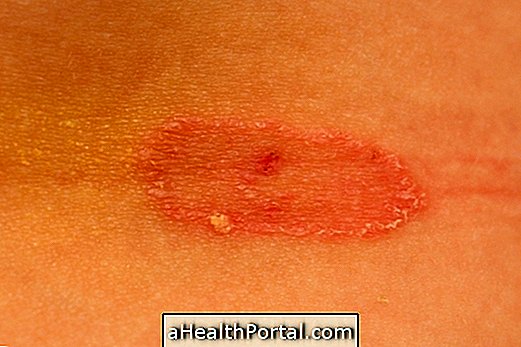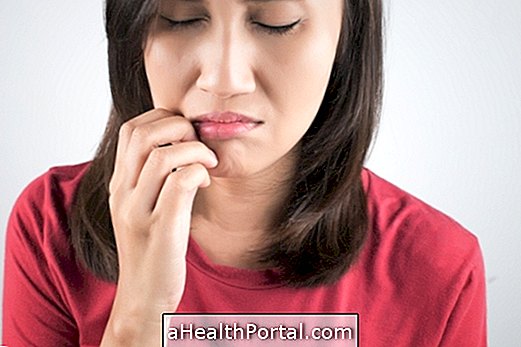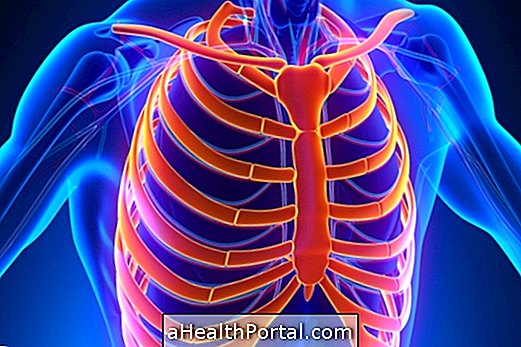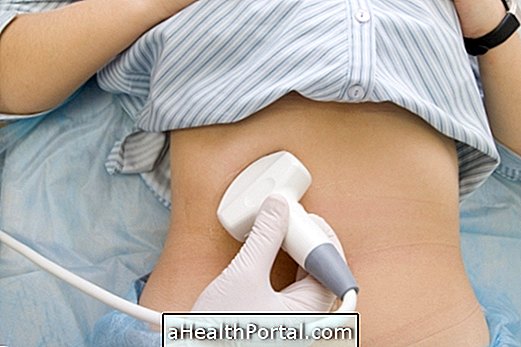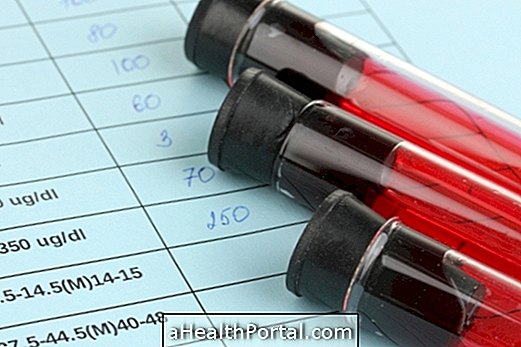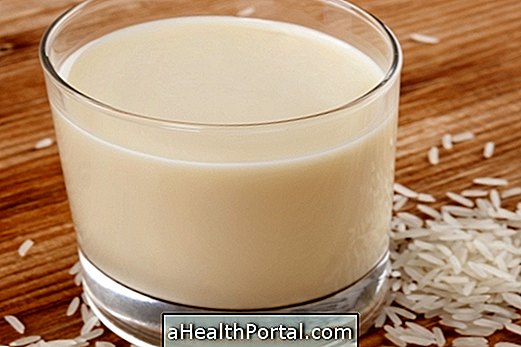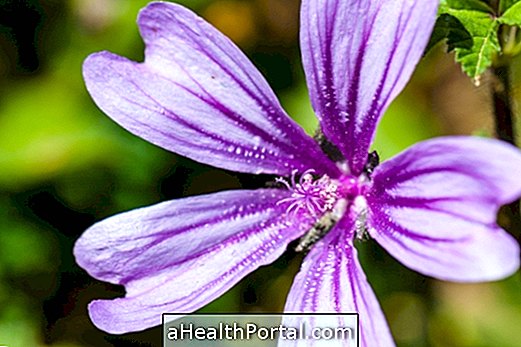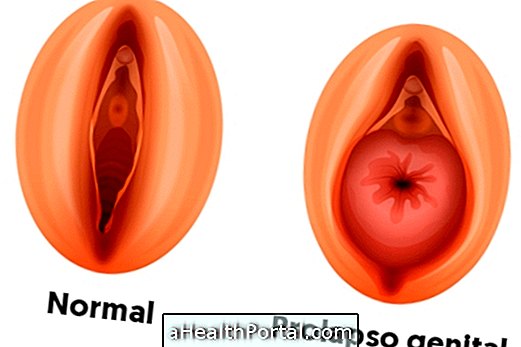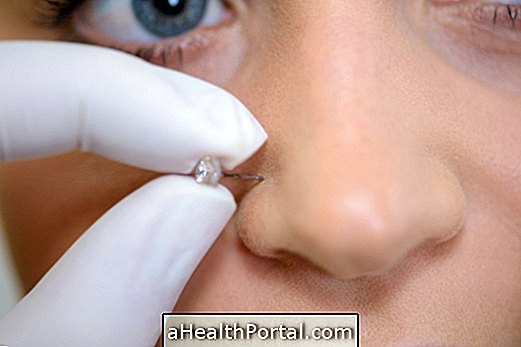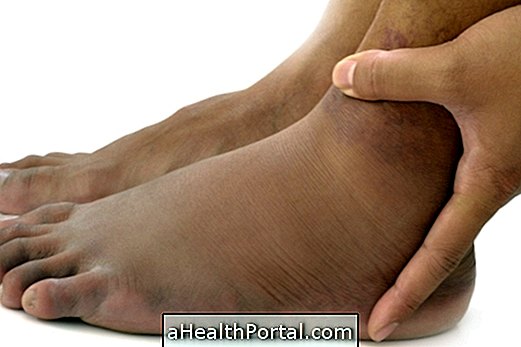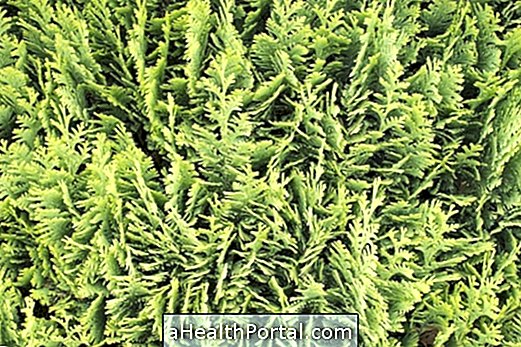The effects of menopause can start to be felt between the ages of 45 and 55 and knowing how to identify them helps the woman to better adapt to the changes that are inevitable. Symptoms of menopause include:
- Amenorrhea - flaws and irregularities in menstruation.
- Hot flashes - a feeling of sudden warmth from the waist to the neck that lasts for a few minutes and usually happens at night. Also known as hot flushes.
- Tiredness - natural of the hormonal alteration because of the metabolic adaptation.
- Insomnia - a consequence of the malaise caused by the hot flashes and anxiety that generates the menopausal phase.
- Difficult sexuality - estrogen deficiency can cause less elasticity and dryness in the vagina causing pain in the act of penetration.
- Emotional instability - easy crying, bad mood, loss of energy, decreased concentration, can cause distress, sadness and easily depression.
- Urinary Infections - Loss of tonicity in the genital area can trigger urinary incontinence and infections.
- Obesity - increased food intake due to altered metabolism and increased anxiety generated by the menopause phase.
- Osteoporosis - loss of bone tissue resulting from hormonal changes.
In addition, cardiovascular diseases and complications such as diabetes and hypertension can occur which are a consequence of the reduction of estrogen in the body.
Treatment for menopause
The treatment for menopause is indicated when its symptoms are intense and they disrupt the woman's life. Among the therapeutic options are hormone replacement therapy based on estrogen and progesterone in small doses or the natural treatment made with the supplementation of phyto hormones such as those present in soy. Check out other natural strategies in the video below:

